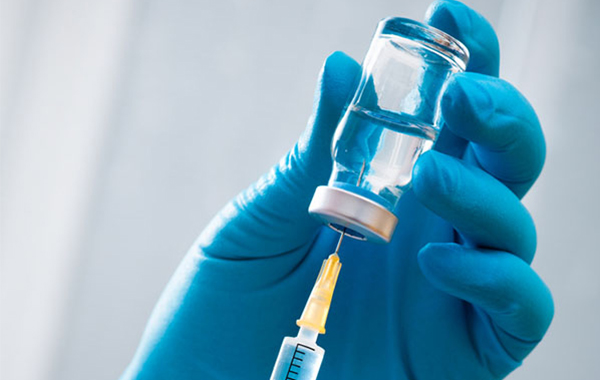
South Korea under fire for having failed to procure vaccines timely claimed to have signed additional vaccine deals with authorized drug makers in hopes to start immunization during the second quarter.
The government announced Thursday that it signed vaccine deals with Johnson & Johnson’s Janssen and Pfizer, only a day after it argued safety came first than speed in vaccine procurement.
The government on Wednesday signed Covid-19 vaccine purchase agreements with global drug makers Janssen and Pfizer, said Korean Prime Minister Chung Sye-kyun on Thursday.
Korea has secured shots for 6 million people – up from those for initially 4 million people – from Janssen and will begin inoculation from the second quarter of next year, Chung said, in a meeting at Seoul government complex.
The vaccines from Pfizer – for 10 million people – will also arrive in Korea starting in the third quarter of next year. Chung said the government is putting out efforts to bring the Pfizer product with efficacy rate of 95 percent within the second quarter.
“We are separately negotiating the details,” Chung said.
The announcement of Covid-19 vaccine purchases come amid growing criticisms over the government’s lax attitude towards securing vaccines. It has been facing public pressure over its vaccine procurement plan that has left the country to be under uncertainty of when vaccines can be brought in at a time of third virus wave. On Wednesday, it even said that there is “no need to be in competition to purchase vaccines.”
The United Kingdom was the first country to begin vaccinations this month, followed by the United States. Singapore became the first Asian state to start immunization and Japan is to follow suit.
Korea announced earlier that it secured vaccines for 44 million people through four pharmaceutical companies – AstraZeneca, Pfizer, Moderna, and Janssen – and a global vaccine project known as COVAX Facility. The vaccines were only to be brought into the country in February-March and the only drug maker it has completed the deal with was AstraZeneca whose efficacy rate lags behind the Pfizer and Moderna products and are not authorized by the U.S. administration.
The government had said so far that it plans to complete actual agreements with Pfizer and Janssen this month and with Moderna in January next year, but refused to disclose when they will be brought in, citing confidentiality with each drug maker.
By Lee Ji-yong and Lee Eun-joo
[ⓒ Pulse by Maeil Business News Korea & mk.co.kr, All rights reserved]


